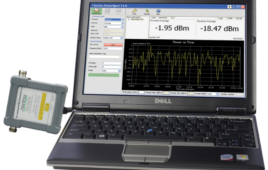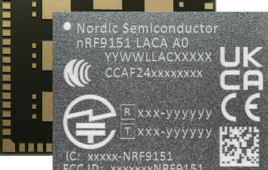It turns out, though, that Watson was destined for much more than game-show glory. Doctors at New York’s Memorial Sloan-Kettering Cancer Center, Wired reports, will soon begin using Watson’s computing power to help them make medical diagnoses. Dr. Mark Kris, Sloan Kettering’s chief of thoracic oncology, is less than a year away from launching a system that uses Watson’s brainpower to navigate the hospital’s amazingly rich databases of research and treatment history. Instead of an answer to a trivia question, Watson will generate treatment recommendations for doctors. Jeopardy! meets House.
“The connection came when I learned that Watson could look at case histories at an institution like ours and say what were the best choices that our doctors made,” Dr. Kris tells Wired of the idea for giving Watson his medical license.
And, once implemented, the approach will allow Watson to act as a kind of know-it-all apprentice for Sloan Kettering’s human doctors, offering ranked treatment options based on the cross-analysis of patients’ medical records and the latest medical literature — and providing, basically, another diagnostic layer for doctors. The system, Kris notes, “will allow us to have an unprecedented way of collecting and analyzing information about individual patients and present a doctor and a patient with a listing of treatment options made by looking at case histories from Sloan-Kettering, the world’s medical literature, and specific information from that patient.”
Most intriguingly, doctors won’t have to have a supercomputer on the premises to avail themselves of Watson’s services. To the contrary, Dr. Kris is imagining a system that doctors can use over the Internet, freely. “The idea is that it would come through the cloud to a laptop or an iPad,” Kris says. And the goal “is to make it available to doctors around the world.”
Posted by Janine E. Mooney, Editor
March 28, 2012




